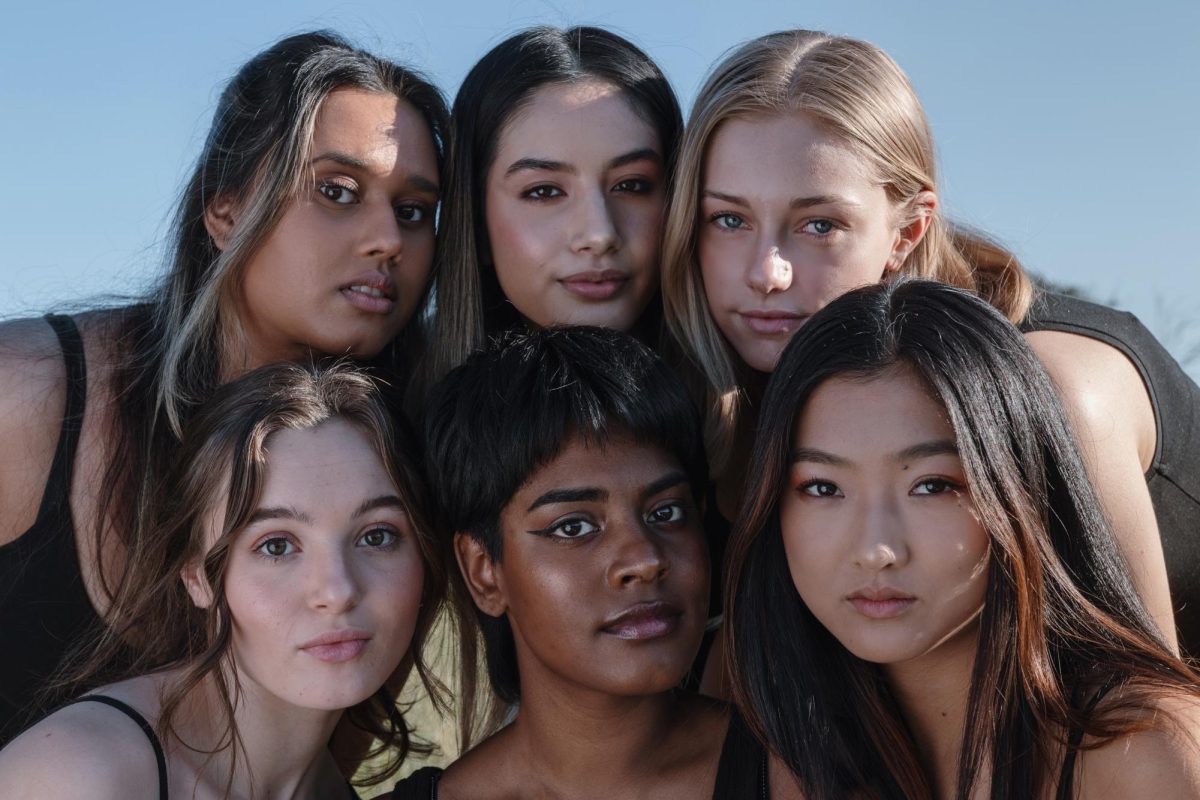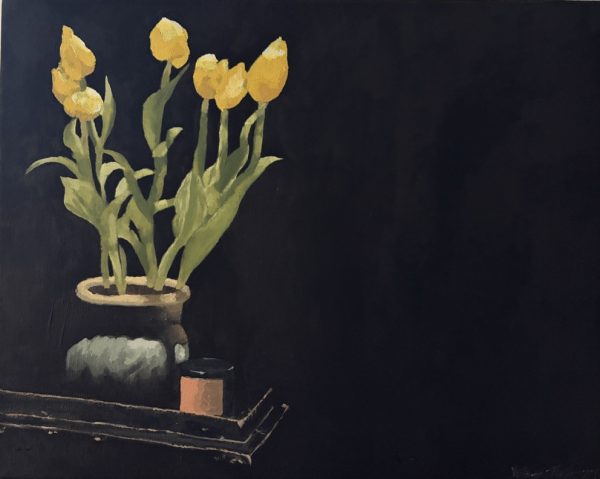The Awakening of Female Consciousness – A Gender Perceptions Essay
Analysis through reading has been an enjoyable experience for me. I receive a sense of satisfaction from having the ability to monitor characters’ lives, also classifying what happened to the characters in the story as an interesting social phenomenon that might be happening in reality. A similar experience happened as I read “Brothers and Sisters” by Alice Walker which gave me a reflection on female consciousness.
The personal essay illustrated the childhood memories of the author and mainly focused on the difference in educating boys and girls about gender; that boys are allowed to watch barbarous animal mating, whereas girls are forbidden to learn any information about gender relationships. The mother in “Brothers and Sisters” who raises the girls in the family, never taught her girls the basic physiological knowledge of different sexes: “ So my father went around talking about bulls getting something on their sticks and she went around saying girls did not need to know about such things. They were “womanish” if they asked (Walker 327).” Instead of guiding her children through the complexities of puberty, she put a barrier between her children and basic female biological concept, which led to the author’s sister’s biased perception on physiological knowledge: “She never complained, but she began to have strange fainting fits whenever she had her period.” (Walker 328) Although as an elder female that should guide her descendants, the mother’s behavior is full of indifference in the proper sex education her daughters should receive. Female characters failed to play a guiding role through the awakening of female consciousness in the story that also rooted the false concepts to the next generation. The awareness of the mother has been subtly affected by the father figure in the family through daily behaviors and restriction in different genders. Moreover, the author’s mother inadvertently upheld the rules set by the patriarch line and used it to control the next generation of girls. Though she might not notice how much the power of patriarchy has on her own deeds, she passed the heritage along to her daughter with the obedience to male dominance. In the inheritance from generation to generation, the gender relationship has gradually become diluted: patriarchy has become a dominant position, and women’s cognition has gradually been integrated into the control of masculinity. At this point, women became the unintentional vindicators of patriarchy.
“Brothers and Sisters” makes me wonder how we women became the ones under oppression initially. During history, we’ve been hunter-gatherers, working as a group to increase the possibility for survival but also bonded with individuals. Males are naturally stronger and more aggressive compared to females. They spent more time living with the groups they were born into whereas women moved to live with their husband’s family (Douglas, Ananthaswamy). As a result, males in a group were more closely bonded to each other than the females: they tend to have more power and privilege. “Patrilocal residence, as it is called, is associated with patriarchy, says anthropologist and primatologist Sarah Hrdy at the University of California at Davis.” (Douglas, Ananthaswamy) Although patrilocal residence didn’t become the norm during early times, it grew a root for the development of patriarchy in other types of society. In agricultural society, people settled down for the advent of farming and homesteading. Power shifted to male characters for their stronger body structure to defend and protect the place of residence; therefore fathers, sons and grandfathers began to live together to form a closely bonded society that passes heritage along to other males. As a result, the matriarchy gradually collapsed.
In “Brothers and Sisters”, the only brother that walked away from the family behaved differently than the other siblings. “He would not watch them. He thought the cows should be given a choice. My father had disliked him because he was soft.” (Walker329) Unlike other brothers who always laughed at animal matings, he observed the cruelty of giving into barbarity and eventually sought out his value with “softness” toward every individual. He eventually became the one and only brother who gained the author’s respect. In human society, our psychological quality as women, the natural position in the human group and the role of various social factors make us pay more attention to feelings and emotions than men. For thousands of years we have regarded the choice to empathize with others as one of the most important contents of women’s own value. Therefore, empathy in a sense becomes a basic starting point to look at ourselves in society. Our pursuit of value is firstly carried out in the field of “love”. Somehow it got distorted that if we are capable of carrying the emotion that men are inherently weak of, it becomes our burden that cannot be taken off. However it doesn’t mean emotion is not central to the existence of both men and women. That brother in “Brothers and Sisters” had already proven to us that “male” and “emotional” could exist both in one character successfully. The main idea of patriarchy is about absolute rationalism in any situation. Nonetheless, being emotional will not decrease people’s accuracy in judgment, it softens the whole process to make it more humanized. We carry on the emotional labor in the process of caring for others; however, we can have more choices to let go of the “responsibility” and not constantly to be other focused. We pass our sympathy along not only with the care for other people but also the love of ourselves. Being able to respect our will is as important as caring for others. Therefore self esteem becomes the first and foremost part for female consciousness.
As I was going through my essay, I realized my intention in the first place analyzing “Brothers and Sisters” was based on a biased perception of gender. When I was only considering how the education of boys differs from girls was due to the physical sexes they are born with, but not about how the education method the mother inherited from the patriarchal system has effects on girls’ determination to their future behavior. Instead of analyzing the effect patriarchy has on females, I turned to think about the result in terms of different genders. At this moment I acquiesced to the concept of patriarchy has on individuals without further thought. Females in real lives are inadvertently defending patriarchy. Because we are living in the world of patriarchal dominance, our thoughts will be inevitably influenced by the mainstream. However being able to notice the consequence of masculine dominance on females provides us a good start on female consciousness. Not only men who enjoy the privilege they have, but also women who are stuck in the invisible dilemma of patriarchy, will need more information about the social phenomenon from a more objective point of view. For our self-consciousness to be awakened, it is necessary to understand the importance of self-esteem. I believe more all-pervading education on women’s history and contribution to society can help everyone to notice the changes that have to be done for the awakening of female characters.
Walker, Alice. Brothers and Sisters. file:///Users/kigikigi/Downloads/Brothers%20and%20Sisters%20by%20 Alice%20 Walker.pdf. Accessed 6 Dec. 2021.
Anil Ananthaswamy, Kate Douglas. “The origins of sexism: How men came to rule 12,000 years ago.” NewScientist, 18 Apr. 2018, www.newscientist.com/article/mg23831740-400-the-origins-of-sexism-how-men-came-t o-rule-12000-years-ago/. Accessed 6 Dec. 2021.







Pam Sheldon • Feb 4, 2022 at 1:26 PM
Grace, very interesting essay! You brought up so many ideas to consider – from cultural structure to individual-experience. Your idea of the “invisible dilemma” was particularly intriguing. Thank you for an engaging read.